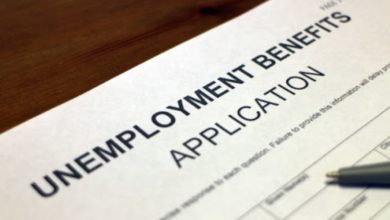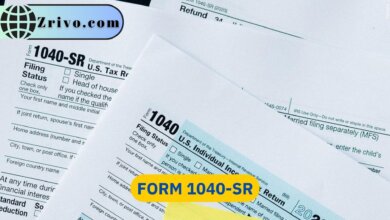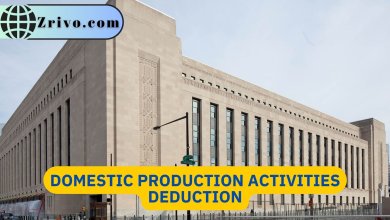Business Expenses
Business expenses are the costs that businesses incur to generate revenue. This article will help you understand how business expenses are defined.

Business Expenses are typically tax-deductible and reduce the business’s taxable income, resulting in lower tax liabilities. Identifying and documenting business expenses is crucial for accurate financial reporting and tax compliance. The IRS defines a business expense as any ordinary and necessary expense incurred in a trade or business. An ordinary expense is common and accepted in the business’s trade or industry. A necessary expense is one that is helpful and appropriate in carrying out the business’s activities. Business expenses are the costs incurred by businesses to generate revenue and can be deducted from taxable income. The IRS defines a business expense as any ordinary and necessary expense incurred in a trade or business. Properly identifying and documenting business expenses is essential for accurate financial reporting and tax compliance.

Different Types of Business Expenses
There are many types of business expenses, including but not limited to the following:
- Rent and utilities: The cost of rent or lease payments for business space, as well as utilities such as electricity, gas, and water.
- Supplies: The cost of office supplies, such as paper, pens, and printer ink, as well as any other supplies necessary for the business’s operations.
- Advertising and marketing: The cost of advertising and marketing efforts to promote the business’s products or services, including print ads, online ads, social media campaigns, and marketing materials.
- Travel and entertainment: The cost of business-related travel, such as airfare, rental cars, and hotel stays, as well as the cost of entertaining clients or customers.
- Equipment and depreciation: The cost of purchasing or leasing equipment, as well as the cost of repairs and maintenance. Depreciation refers to the gradual decrease in the value of the equipment over time.
- Employee salaries and benefits: The cost of salaries, wages, and benefits for employees, including health insurance, retirement plans, and paid time off.
- Taxes and licenses: The cost of business taxes and licenses, including state and local taxes, sales taxes, and licenses to operate in specific locations.
- Legal and professional services: The cost of legal and professional services, such as accounting, bookkeeping, and legal fees.
The expense must be ordinary and necessary to be deductible as a business expense. In addition, the expense must be directly related to the business’s operations and not personal in nature. Personal expenses, such as travel or entertainment, are not deductible as business expenses.
Proper documentation is crucial when claiming business expenses on tax returns. This includes maintaining accurate records of all expenses, such as receipts, invoices, and bank statements. It’s also important to separate personal expenses from business expenses and to keep business and personal finances separate.





